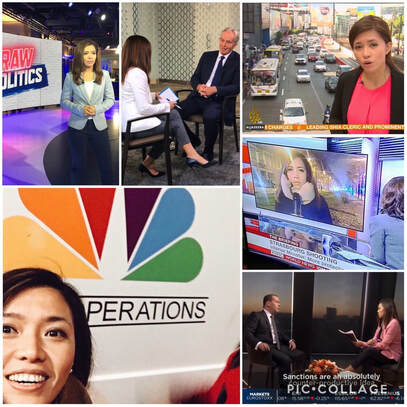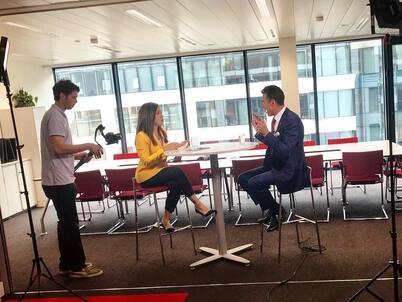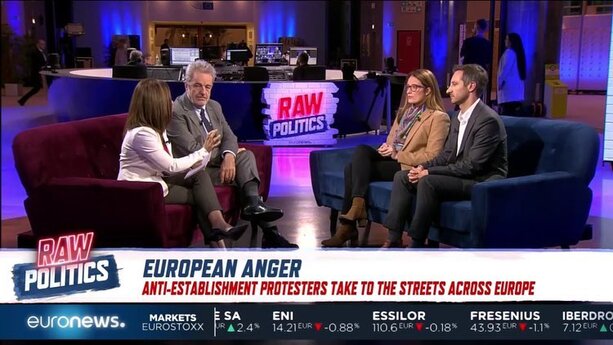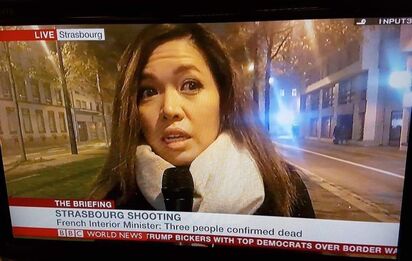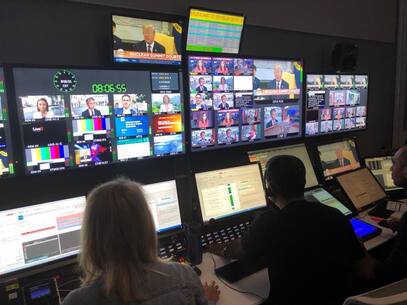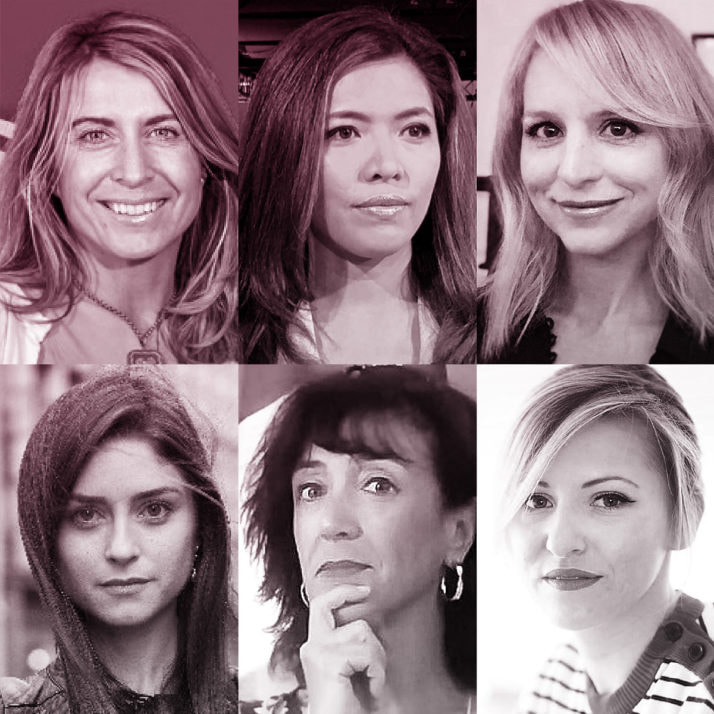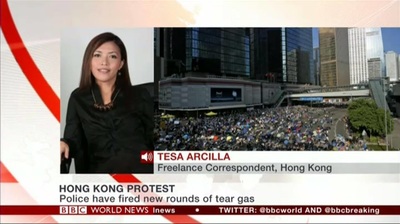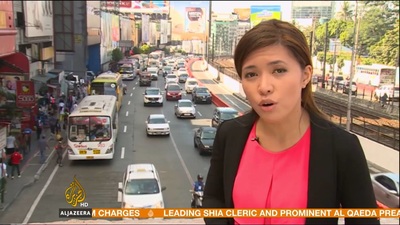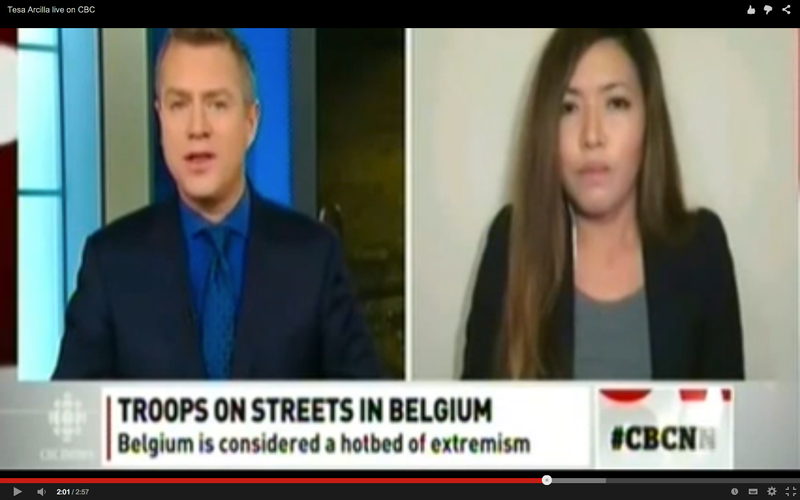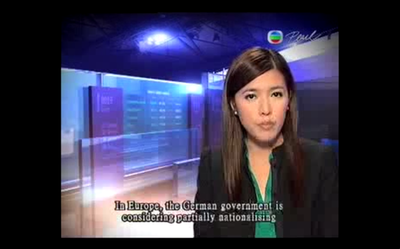T E S A A R C I L L A
News Director | Former Foreign Correspondent | Global News Presenter | Panel Host and Moderator
Heads of State. Central Bankers. EU Commissioners. CEOs. Ministers. Celebs. Royalty. Sportsmen. Political refugees. Campaigners. Even former spies.
I've sat across from them and many others to ask direct, fair questions that foster honest engagement.
That, for me, is the mark of a great interview. The audience walks away feeling more informed, constructively challenged, or perhaps even changed their mind about something based on new information they've taken on board from the interview.
For the interviewer, conducting a good interview requires skill, art, knowledge and experience. The skill and art of framing questions in a way that is fair, informative and direct, and that elicits an honest, informative and engaging answer takes years to hone. I learned from the best journalists and media executives in the world.
I've sat across from them and many others to ask direct, fair questions that foster honest engagement.
That, for me, is the mark of a great interview. The audience walks away feeling more informed, constructively challenged, or perhaps even changed their mind about something based on new information they've taken on board from the interview.
For the interviewer, conducting a good interview requires skill, art, knowledge and experience. The skill and art of framing questions in a way that is fair, informative and direct, and that elicits an honest, informative and engaging answer takes years to hone. I learned from the best journalists and media executives in the world.
Listen below to a short excerpt from the EU-Asia Connectivity forum I moderated at the end of 2019. It’s still relevant.
This is what happens when you put together the Chinese Foreign Ministry, the US State Department, the European Parliament, the Confederation of Indian Industry and a Dutch academic.
This is what happens when you put together the Chinese Foreign Ministry, the US State Department, the European Parliament, the Confederation of Indian Industry and a Dutch academic.
If you want an interview to stand out and make a mark, don't be afraid to answer direct, sometimes tough, questions with honesty and intelligence. What you don't want are platitudes or a deferential interviewer, or an interviewee who deflects and dodges questions. A respectful, intelligent discussion is what stands out.
If you're looking for someone to help with media training for your executive team, or if you need a moderator or event host and would like to explore working together, I'd love to hear from you.













